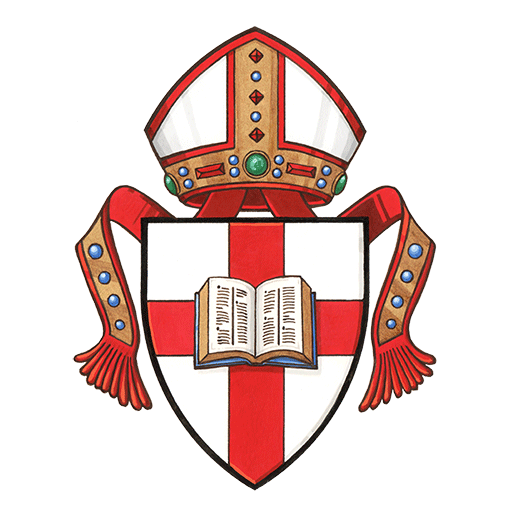“The Minister of the Congregation is directed to instruct the people, from time to time, about the duty of Christian parents to make prudent provision for the well-being of their families, and of all persons to make wills, while they are in health, arranging for the disposal of their temporal goods, not neglecting, if they are able, to leave bequests for religious and charitable uses.”
– The Book of Common Prayer (1979), The Episcopal Church, page 445, at the conclusion of the “Thanksgiving for a Child” Service
Oh, how I wish this thoughtful, pastoral rubric were part of our Canadian liturgical resources—The Book of Common Prayer of 1962, The Book of Alternative Services (1985), and excellent additional alternatives and options for trial use, available both in print and online. Just imagine if this American sound teaching were part and parcel of parish and diocesan life in Canada—and taken seriously by every leader committed to a way of life of year-round creative and visionary stewardship. Imagine if the leaders of our various foundations, ecumenical community groups, and not-for-profit organized programmes made this teaching a prime focus for secure, future funding.
This teaching is not by any means new. In the Book of Common Prayer of 1549, yes, 1549, as part of the “Visitation of the Sick” rite (leaving it a bit late, mind you), we have these poignant words:
”And if he have not afore disposed his goods, let him then make his will. (But men must be often admonished that they set an order for their temporal goods and lands, when they be in health.) And also to declare his debts, what he oweth, and what is owing to him, for discharging of his conscience, and quietness of his executors.”
Gift-planning, planned giving, legacy gifts are all part of a growing emphasis on sound financial support for churches, hospitals, universities, and thousands of non-for-profit charitable organizations in Canada. Annual giving, special one-time gifts for particular projects or emergencies, are still important for the well-being of on-going life of our society. But legacy gifts, or the gifts of accumulated assets to be precise, are vitally important as the work of non-governmental groups becomes increasingly significant and essential.
I write now as a specialist in the ministry of gift planning, having served for many years as senior national gift planning officer of the Anglican Church of Canada. I learned as a parish priest, first, that an understanding of full-time stewardship is the basis of everything else….the sharing of our gifts of time, energy, abilities, and financial resources, as a response to God’s gifts and blessings to us. Good and faithful stewards strive to make a difference in people’s lives, responding especially to Our Lord’s command, “love God and our neighbours.” For baptised Anglicans, this means in some detail, living out our Baptismal Covenant (cf Anglican Church of Canada–The Ministry of All the Baptized).
In parish life, our Sunday offerings help to meet the expenses of looking after a church building and property, the costs of providing effective ministry and service and to paying a share in the life and programme of the diocese and General Synod, The Primate’s Fund, and so forth. Increasingly parishes are asked to help local community groups and vulnerable people, especially during times of crisis. But as these expenses rise, other sources of funding will depend on legacy gifts, including bequests (hence the importance of having a valid will, reviewed regularly with professional assistance), consideration of the tax benefits of gifts of listed securities, gifts of life insurance (either new for the church specifically or ones already in place), charitable gift annuities (especially for seniors), and other forms of gift planning.
The Anglican Diocese of Ontario Foundation has on its website some material which outline various ways of taking seriously the wide ways of sharing financial resources, with further information prepared by a lawyer who specialises in this aspect of legal counsel to be included in 2023.
Here is a good summary of what this aspect of Christian stewardship really means: “Remember that when you leave this earth, you can take with you nothing that you have received—only what you have given: a full heart enriched by honest service, love, sacrifice and courage.”
– St. Francis of Assisi.



Artificial Intelligence in the Medical Field from a Priestly Viewpoint – Pt. 2